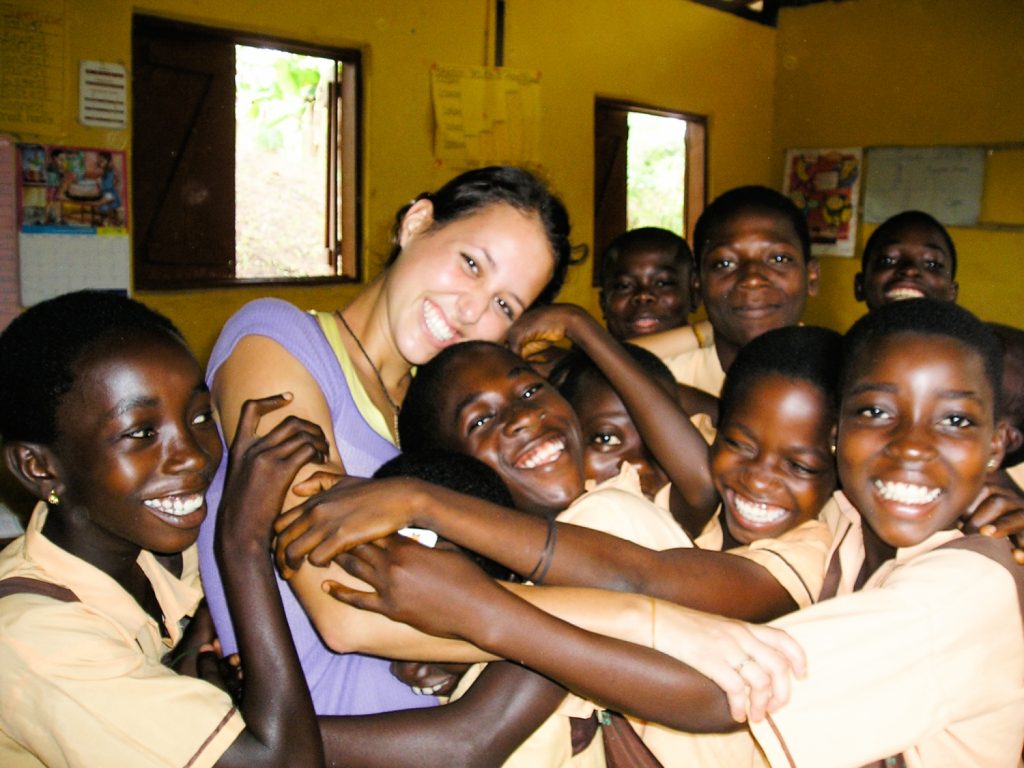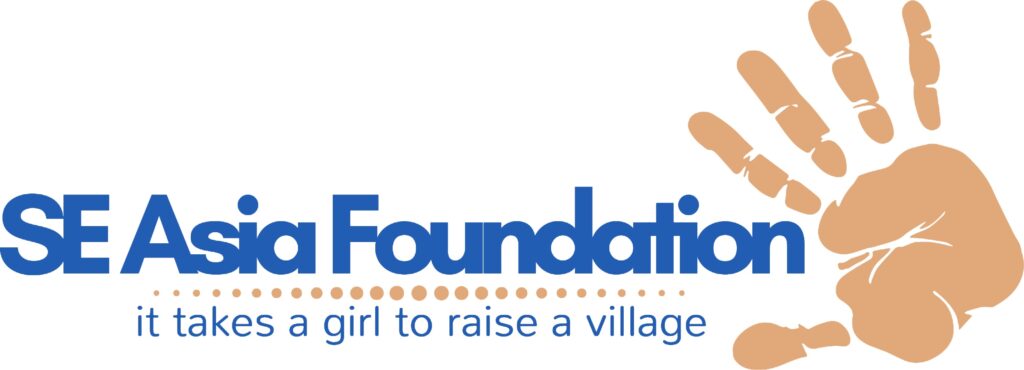Good Intentions Bring About Negative Consequences
By Aqsa Hussain September 27, 2018 in Opinions
Volunteering abroad has been described as a life-changing, eye-opening opportunity to directly help the less fortunate. If I was given the opportunity to travel and volunteer abroad three years ago, I would have jumped at the chance — but that was before I understood the impacts of voluntourism.
Voluntourism is a complex industry that makes around $2 billion in revenue annually. It is advertised as a transformative experience, in which volunteers are told they can help the poor, save lives and make a difference. Voluntourism often appeals to university students and religious group members, the focus of the trip being more than just about helping people.
It is marketed as an experience that allows visitors to feel good by being apart of and creating perceived change. Volunteers are often given the chance to help build schools or dig wells. These volunteers, although full of good intentions, are unskilled when it comes to constructing these structures. Sometimes, this leads to undercover reconstruction to maintain the fantasy that these volunteers are making real change.
Meanwhile, locals who could easily be trained and given wages to build such structures are pushed aside. This is due to the fact that volunteers are actually paying to do work, while on the other hand, hiring individuals to build their own local communities would require paying these workers.
As the proverb goes, “Give a man a fish, and you feed him for a day. Teach him how to fish, and you feed him for a lifetime.” It’s a perfect example of the hidden consequences of voluntourism and many charities. To simply give money, schools and supplies does not erase the cycle of poverty. If we truly want communities to improve, instead of giving free aid, we should volunteer our knowledge of sustainability and remove ourselves from their local economy.
While schools do need to be built, the money tourists spend to travel across the world to volunteer could be better invested in improved training for teachers, doctors and community members, whose skills could then be used to sustain the individuals within the community.
Despite the fact that globalization has helped spread awareness of global poverty, it has also resulted in paternalism between Western nations and developing countries. This is incredibly harmful when tied with voluntourism because it reinforces colonialist attitudes via the white-saviour complex.

The white-saviour complex is the idea that white people are crucial to helping non-white people. The concept, although coined in 2012, has existed since colonialism’s beginnings and is continuously depicted in Hollywood, literature and media across the globe. It has created the narrative of white heroism — the story that people of color require a white hero to save them.
Studies show that over one million people from the United States volunteer abroad annually, and 85 per cent of them are white. If you look at your social media, you will find voluntourism strengthening the white-savior complex with every photo of a white-faced hero amongst a group of coloured children. This selfie is tremendously damaging as it reinforces white heroism and informs onlookers to conclude that people of colour can not help themselves.
The reality is that there are people struggling due to poverty — however, the solution to poverty is not as simple as donating money and building schools. Voluntourism feeds off of the good intentions of wealthy individuals and perpetuates a cycle of poverty.
Teju Cole, author of an essay called “The White-Saviour Industrial Complex,” explains that voluntourism is “not about justice.” But rather, “it is about having a big emotional experience that validates privilege.”
If you truly want to help the less fortunate, you can support organizations who defend local economies and perhaps look to teach skills for sustainability. If you are skilled and qualified enough to travel across the world and truly help people, avoid the selfies and don’t reinforce white heroism.
The intentions of voluntourists are good, but we need to evaluate how we are helping and why we are helping. We need to empower people and spread the hushed truth that people of colour can be their own heroes.
—
Aqsa Hussain
Photo: Wikimedia Commons / Supplied


